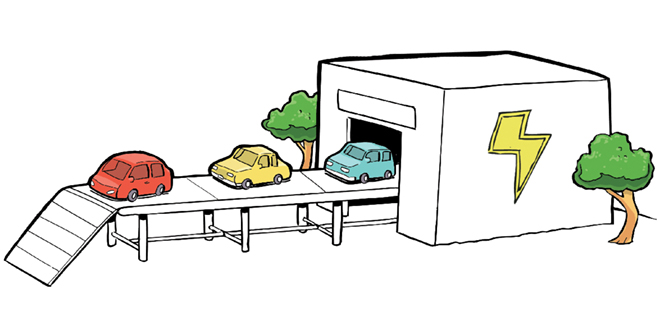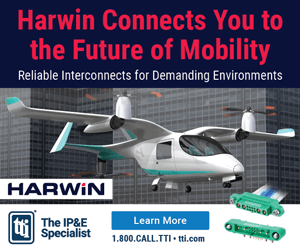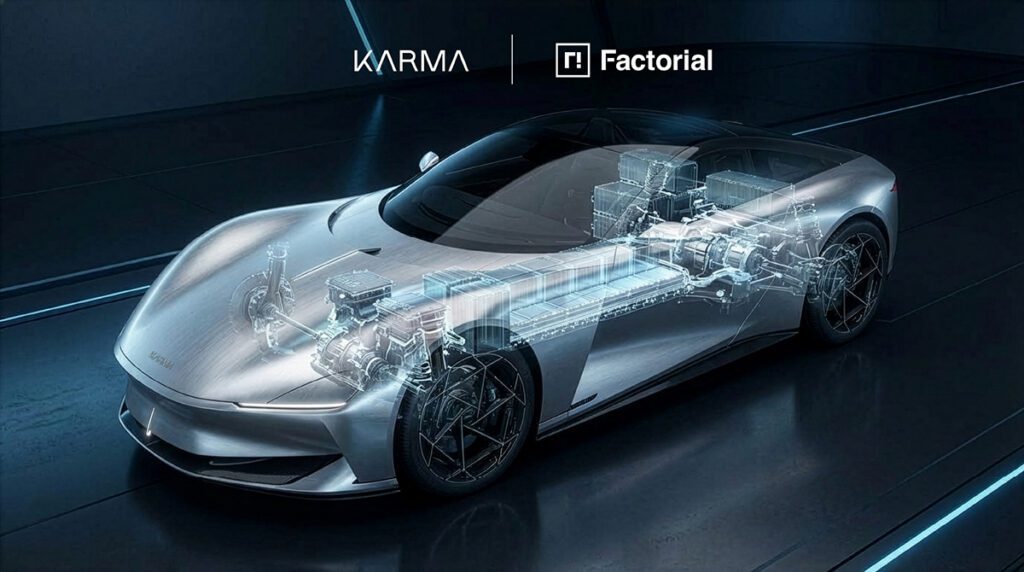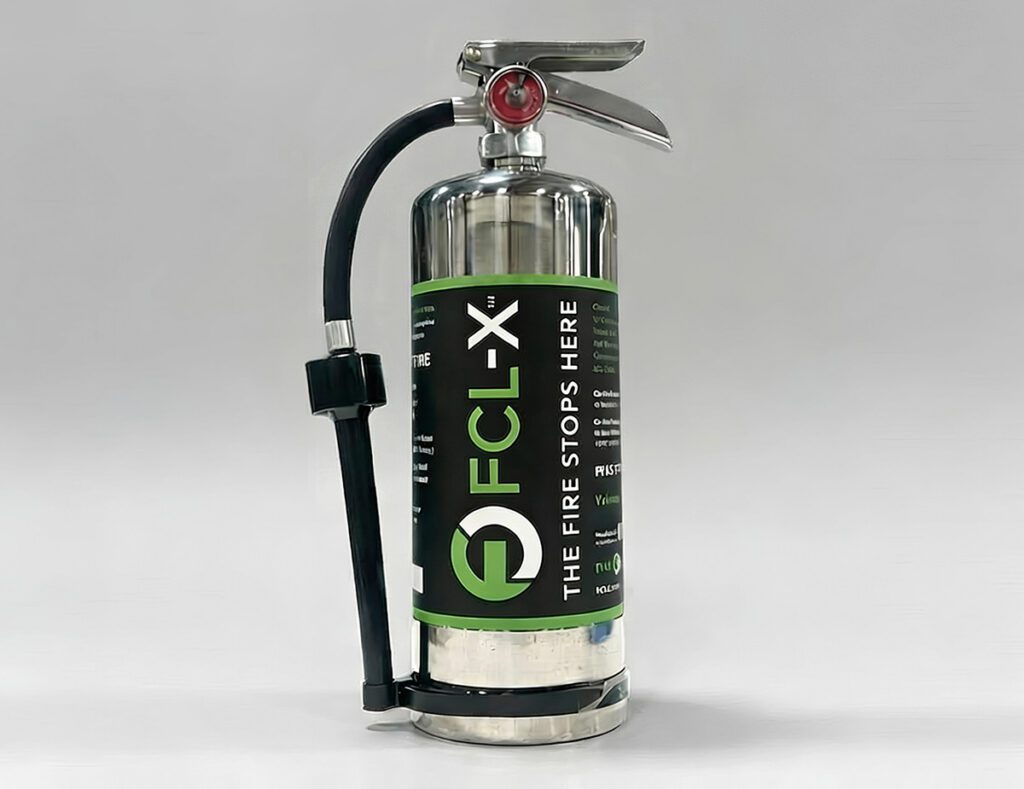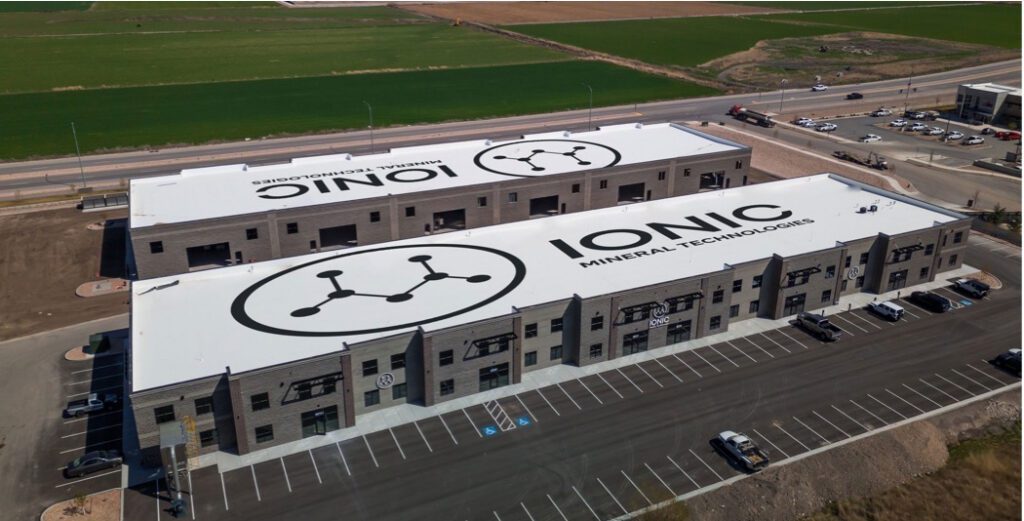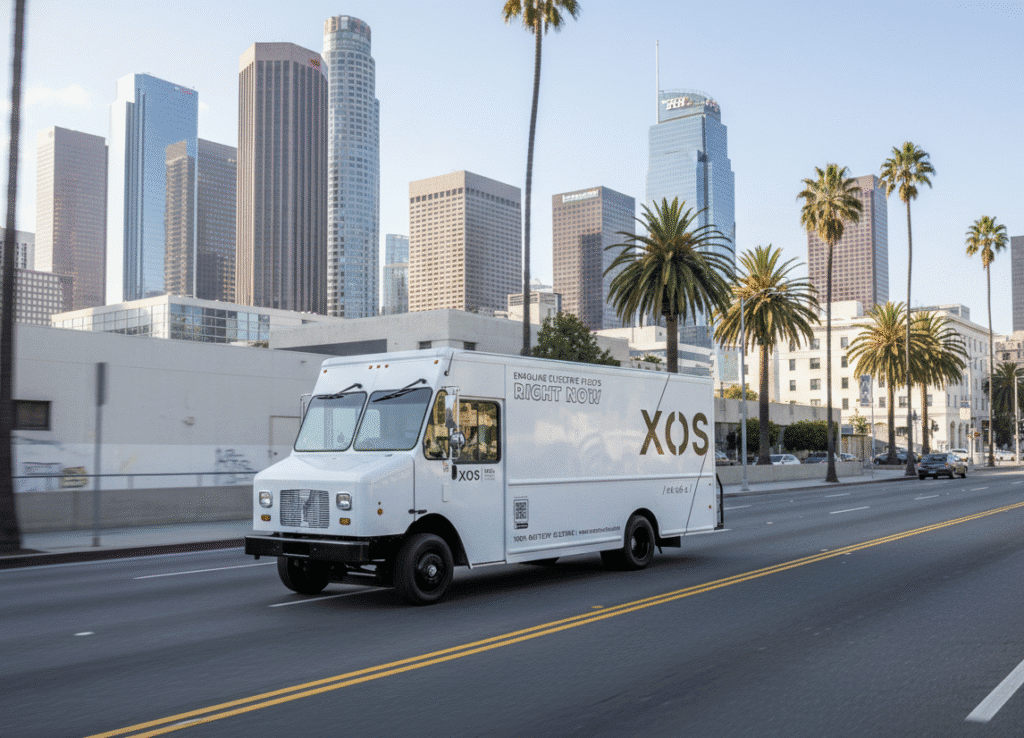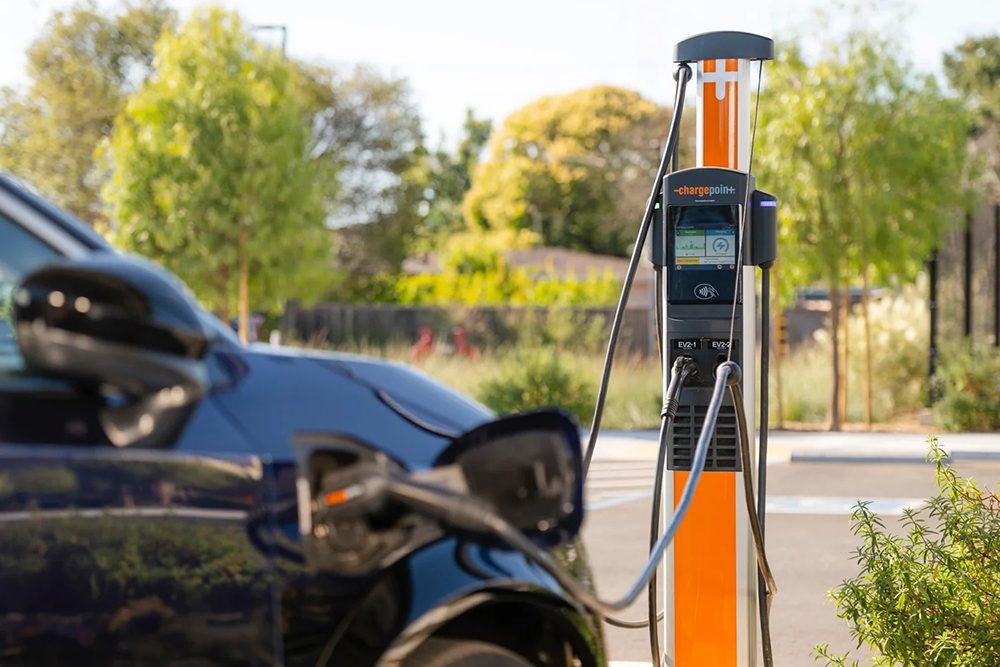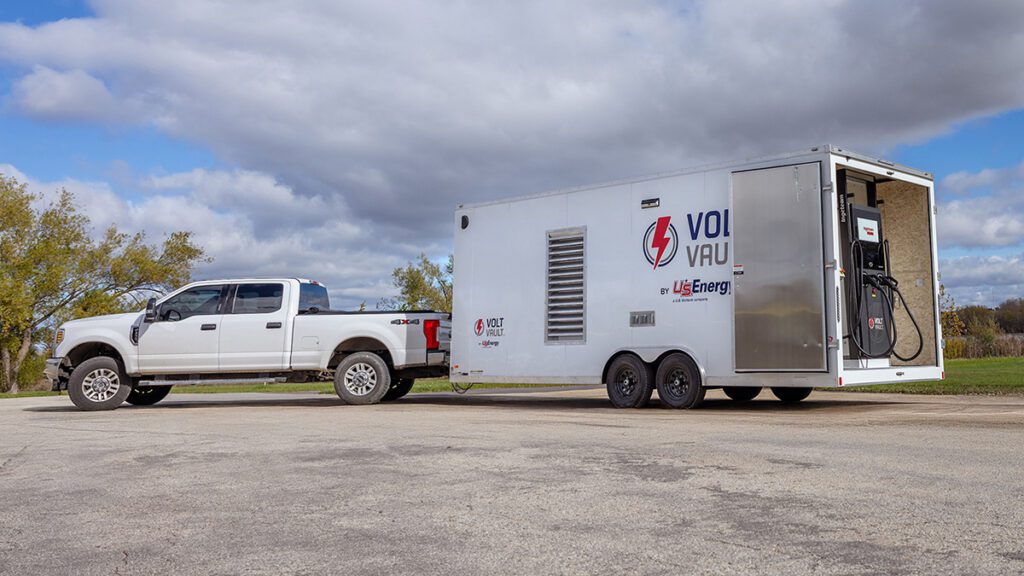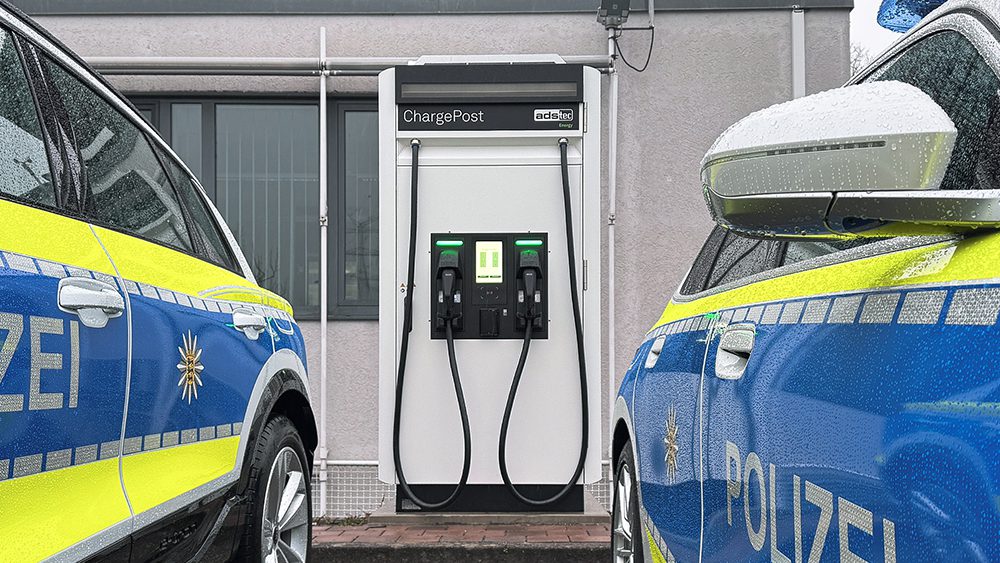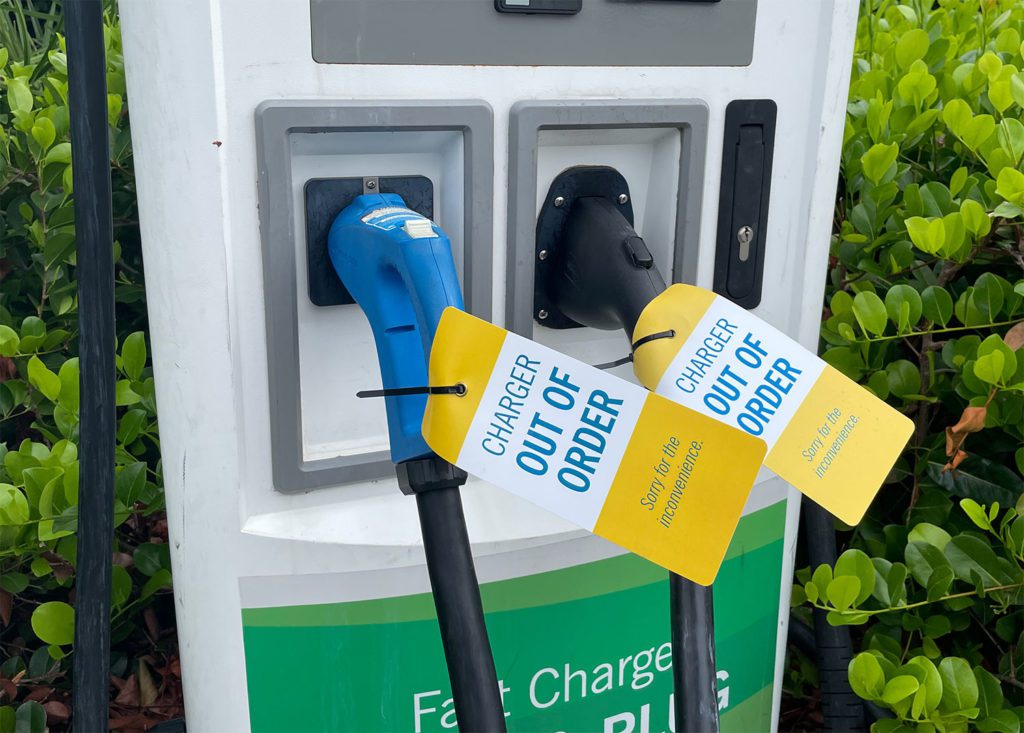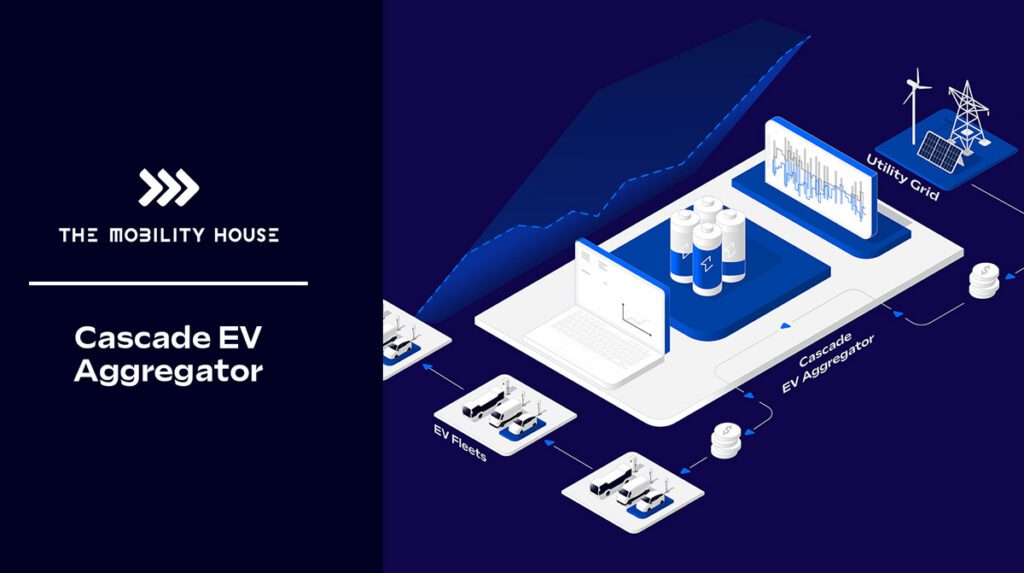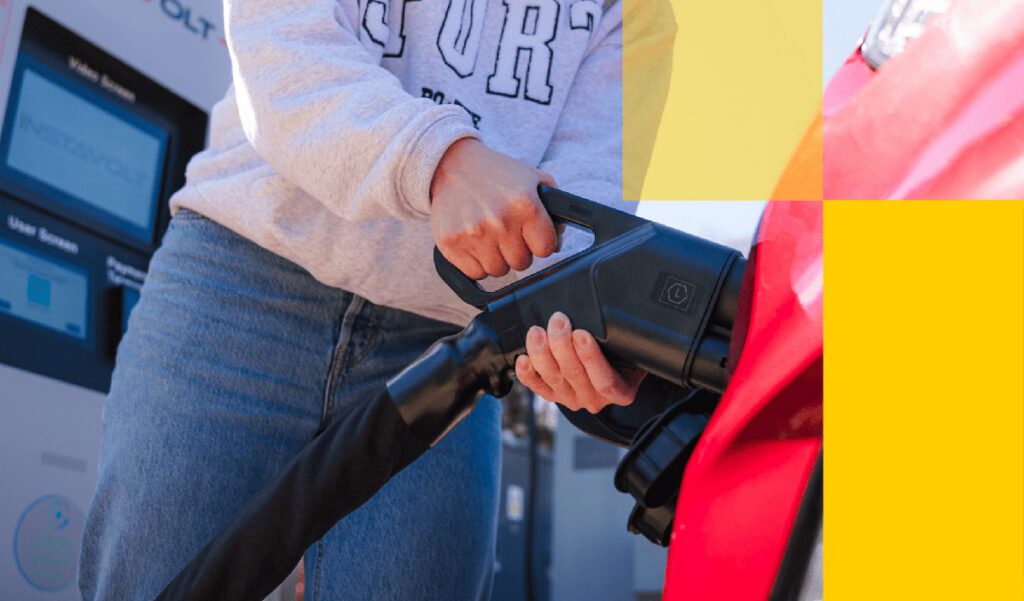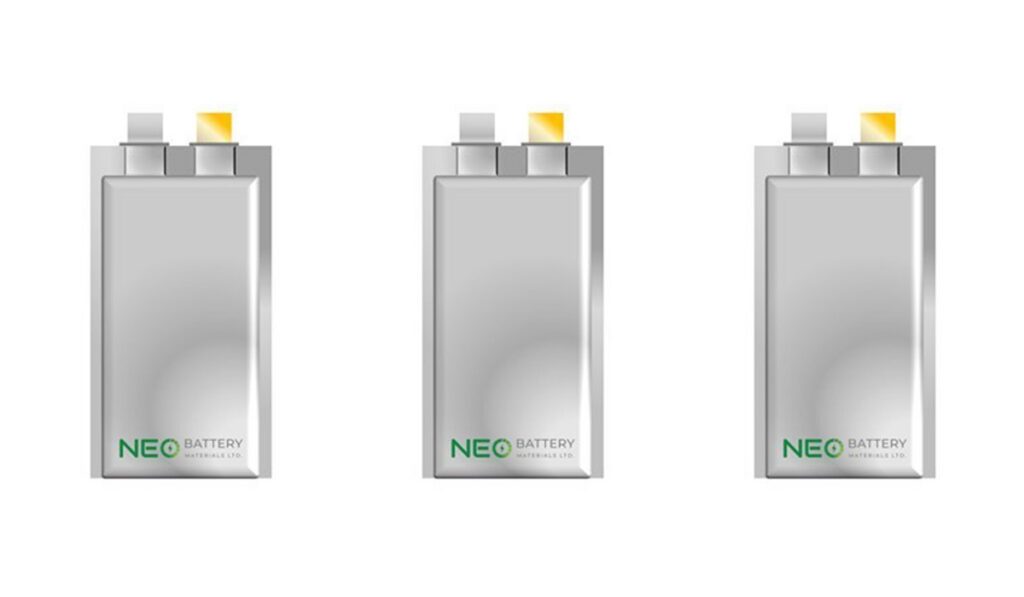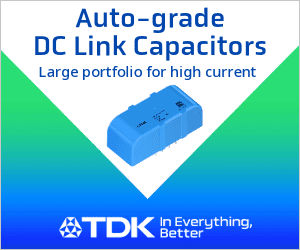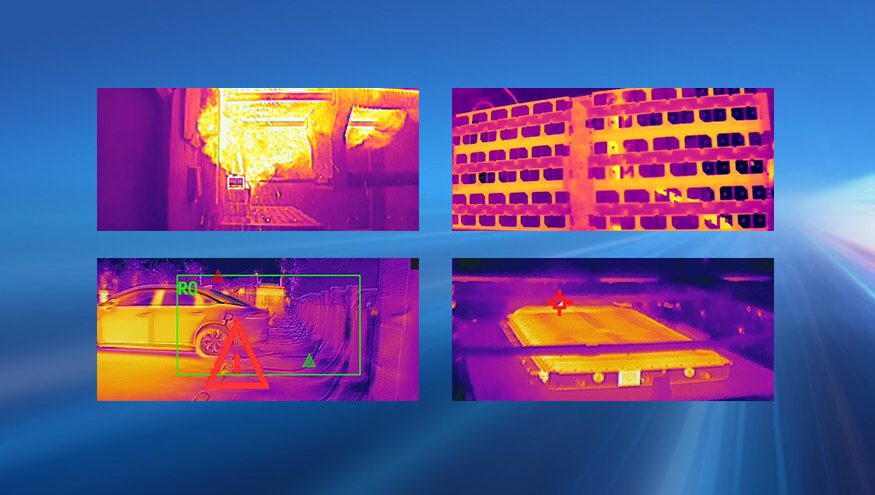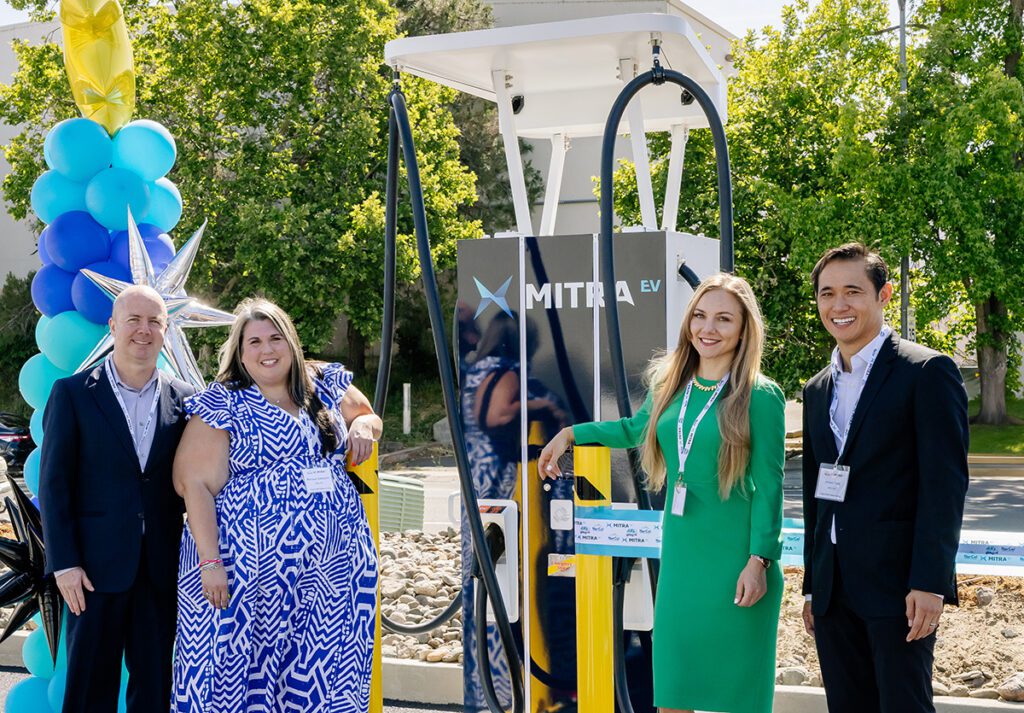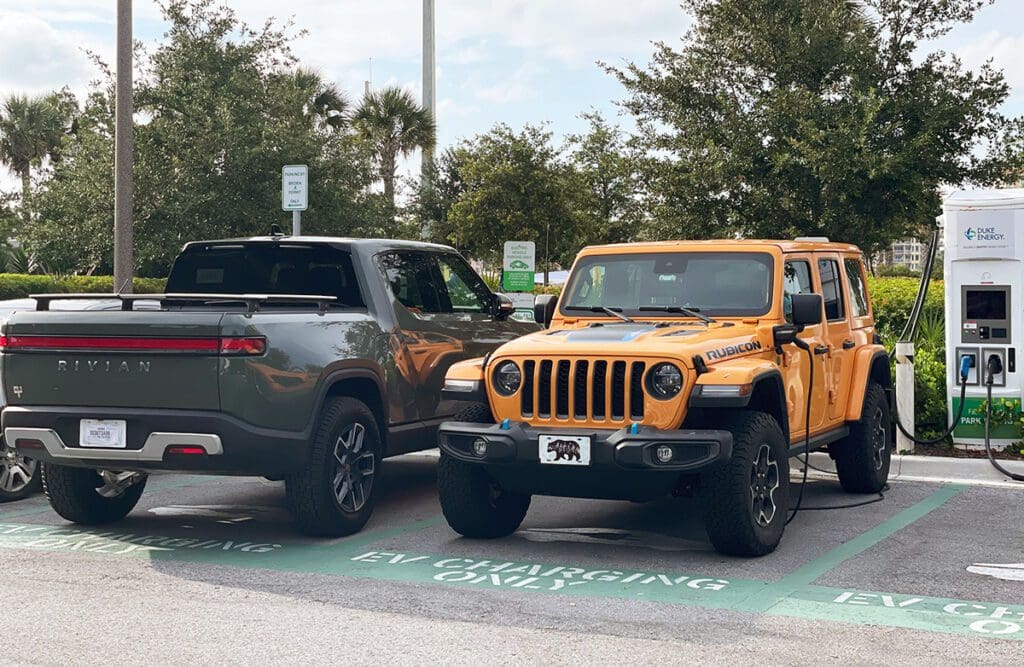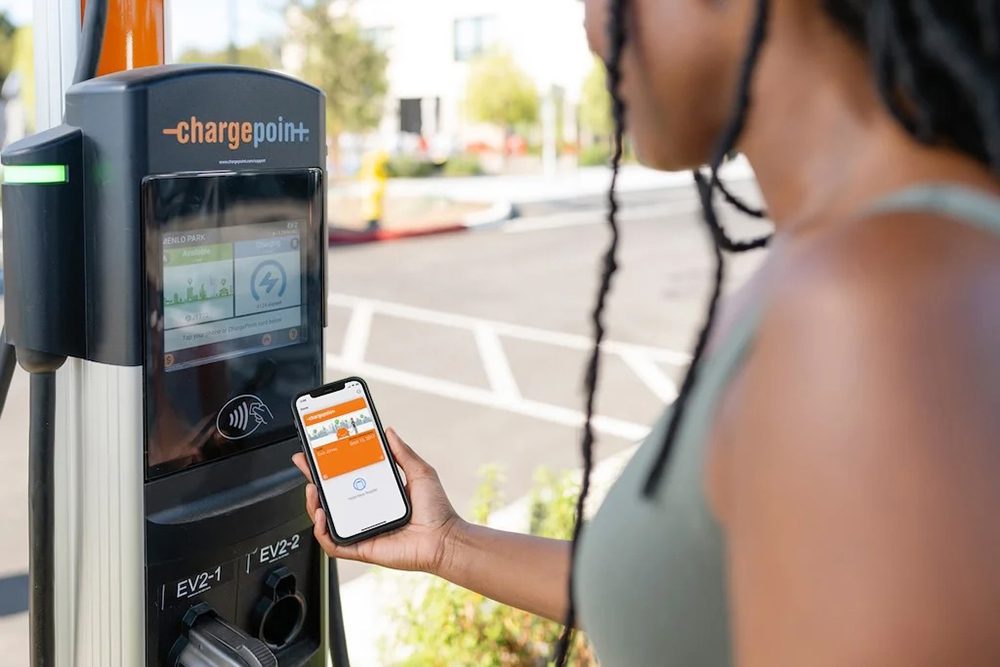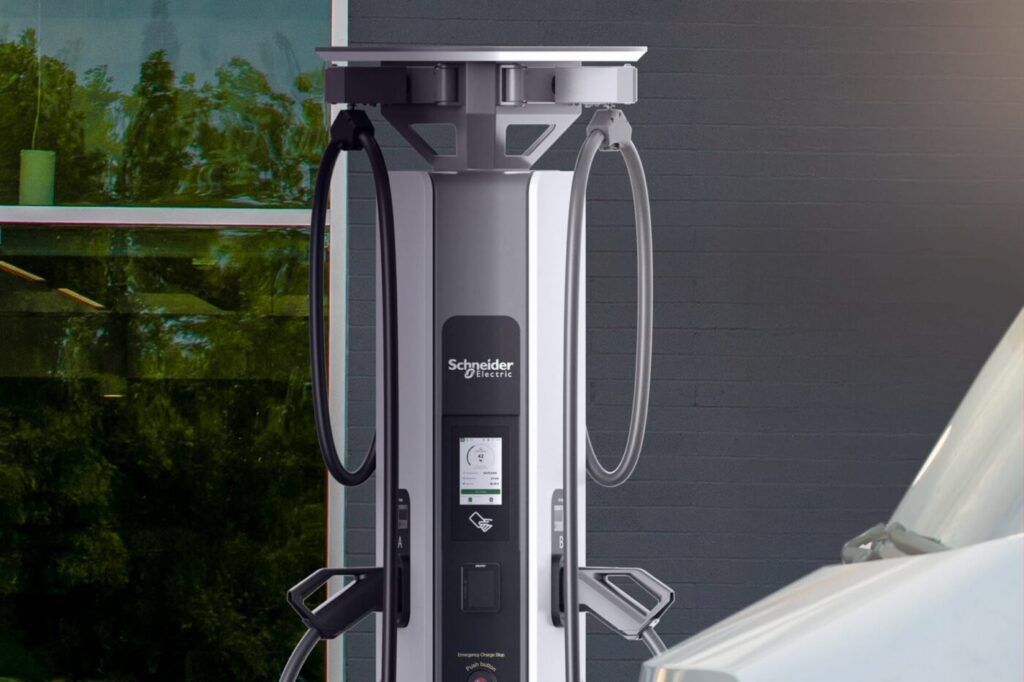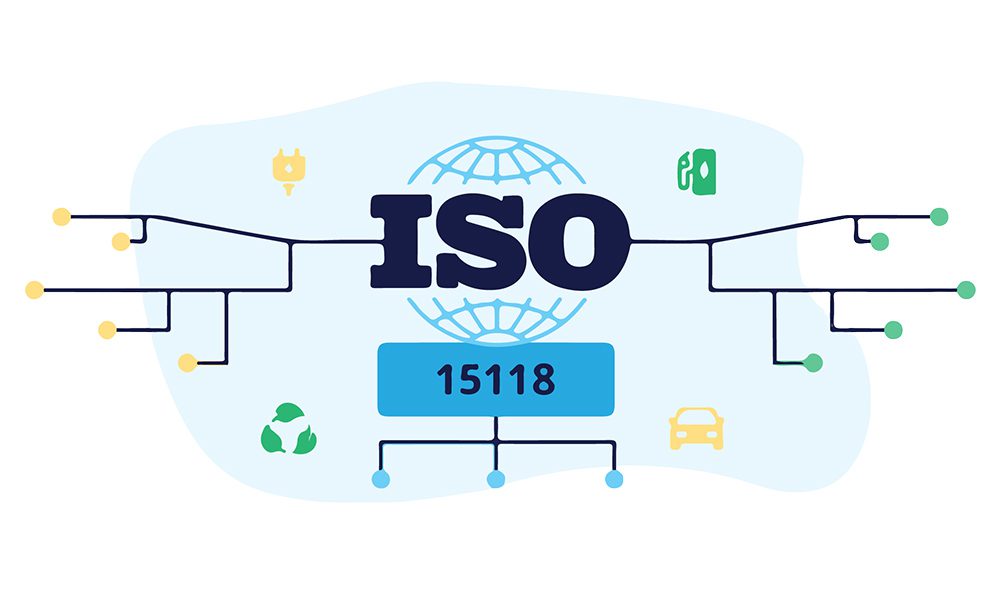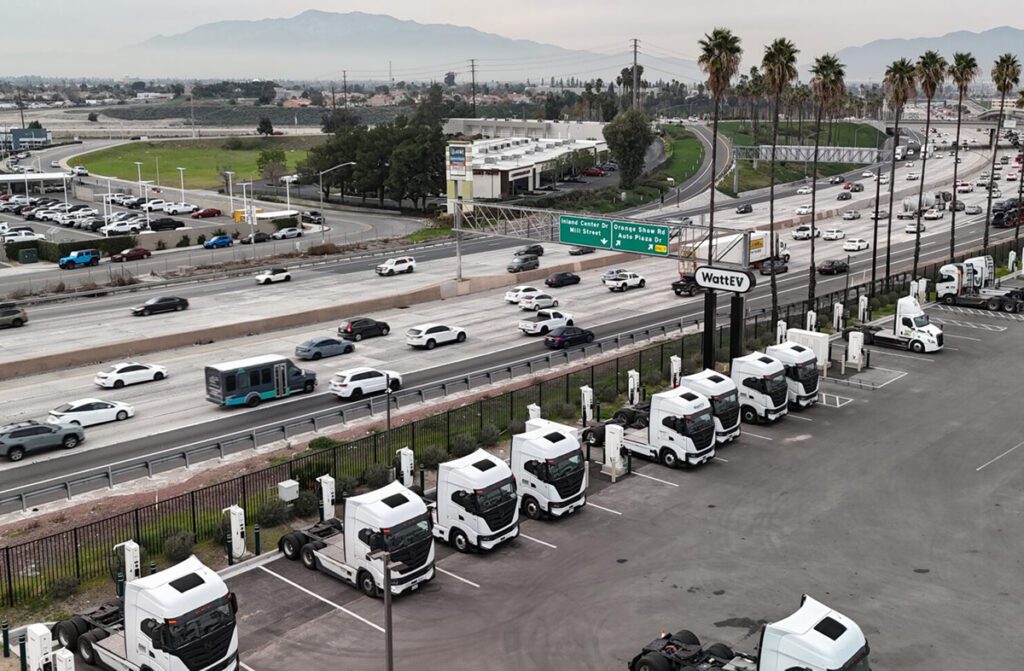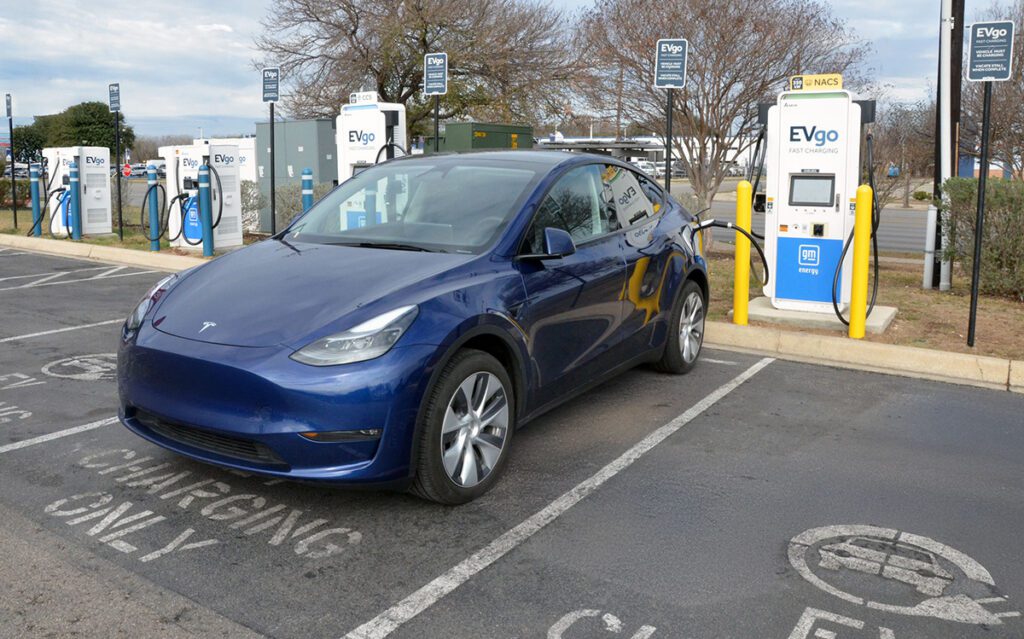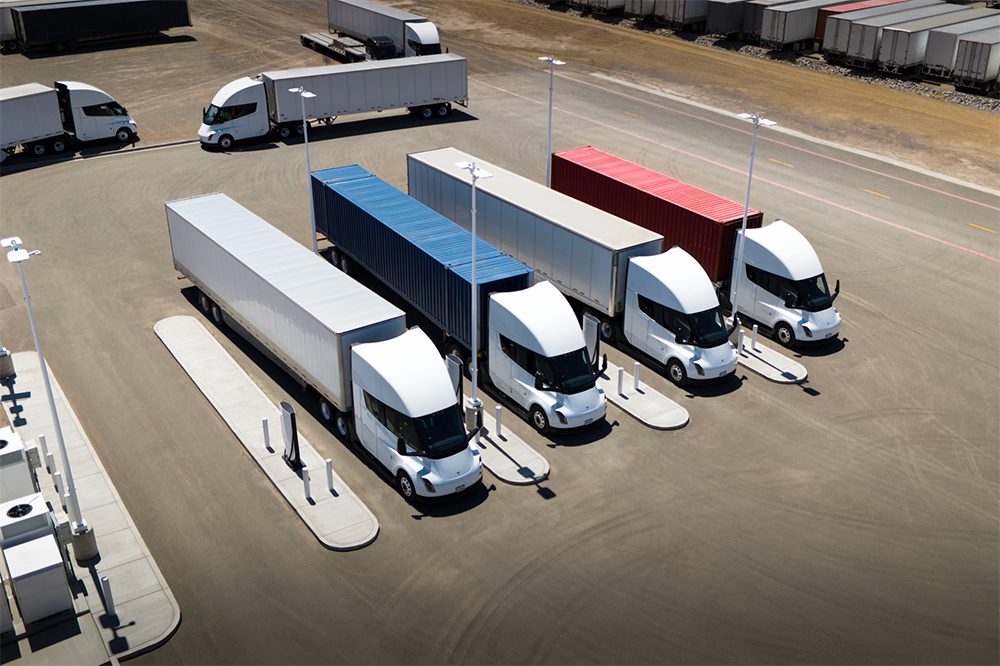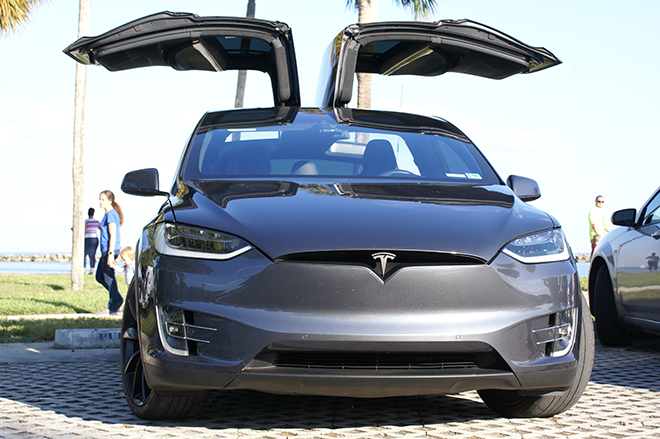Here at Charged, we believe EVs are for everyone, regardless of political leanings. While we certainly comment on government policies that we feel are pro- or anti-EV, we avoid endorsing any particular candidate or party.
However, America has elected a new president who has promised a radical change from the policies of the past eight years. President Obama was a reliable supporter of EVs, so it’s appropriate to ask how the new order will affect our industry.
Currently, every major automaker is either producing, or at least developing, plug-in vehicles, and for better or for worse, this is largely a result of pressure from governments around the world.
Tesla is the only exception – it would clearly continue to push EVs full speed ahead without government guidance. But even Tesla has benefited from some government programs, including a loan (which it paid back in full ahead of schedule), tax incentives for its customers and income from California ZEV credits.
Considering the amount of money and effort that automakers have devoted to lobbying governments to water down pro-EV initiatives, it’s a safe bet that, if the US government were to eliminate measures now in place, such as the Corporate Average Fuel Economy (CAFE) standards, many companies would severely curtail their plug-in programs. Two days after the election, the Alliance of Automobile Manufacturers sent a letter to Trump urging that environmental (and safety) regulations be relaxed.
In many ways the US is leading the EV pack today, but China, Germany and other countries are coming up fast in the rear-view mirror. In the wake of the diesel emissions scandal, Germany’s government and automakers appear to be shifting to full support of EVs. And in China, where air quality and growing energy consumption are very real challenges, the government is investing massive sums to support electrification. If the US slackens its pace, others will take the opportunity to pass, and they won’t look back.
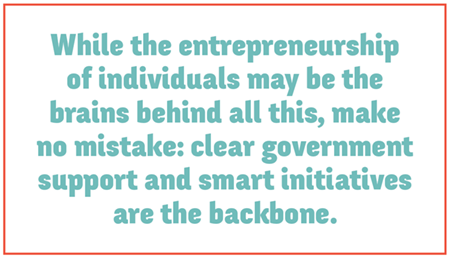
Along with many other US politicians, President-Elect Trump has made public statements rejecting the science behind climate change, implied that any and all regulation is toxic to job growth, and has called for abolishing the EPA (more recently he softened his tone and said that he would “refocus” the agency on its core mission of safeguarding clean air). His pick for EPA advisor, Myron Ebell, is reviled by greenies for his unyielding denial of climate change science. [Editor’s note: After we went to press, Trump announced that he would nominate Oklahoma Attorney General Scott Pruitt, who also denies the science behind climate change, and who has sued the EPA several times to protect the interests of the fossil fuel industry, for EPA administrator.] Does this mean the Trump Administration will not continue to push automakers to invest in EVs?
Of course, we hope the Republican-dominated policy-makers in Washington will think long and hard about the benefits an emerging EV industry can offer to America.
Climate change and air pollution are far from the only reasons to support the EV industry. Everyone can agree on the importance of energy independence, which is usually seen in the “macro” sense (EVs help reduce oil imports). However, there is a “micro” aspect as well – the image of Americans powering their cars with energy generated on their own rooftops, rather than purchased from a centralized, government-regulated utility, is one that appeals to many conservatives, such as the Tea Party groups that have opposed utility-backed measures to discourage rooftop solar.
The economic benefits of our nascent industry are undeniable. The symbiotic industries of EVs and renewable energy have generated a huge wave of entrepreneurs starting up new businesses, and America is leading the way. Not only do the Tesla Model S and Model X, Chevy Volt and other popular plug-ins fly our flag, but automakers around the globe are dependent on technologies developed here in the US – many of them in government laboratories.
While the entrepreneurship of individuals may be the brains behind all this, make no mistake: clear government support and smart initiatives, from the federal CAFE standards to California’s ZEV mandate to federal and state charging infrastructure investment to basic and applied research at the national laboratories, are the backbone.
This article originally appeared in Charged Issue 28 – November/December 2016. – Subscribe now.




